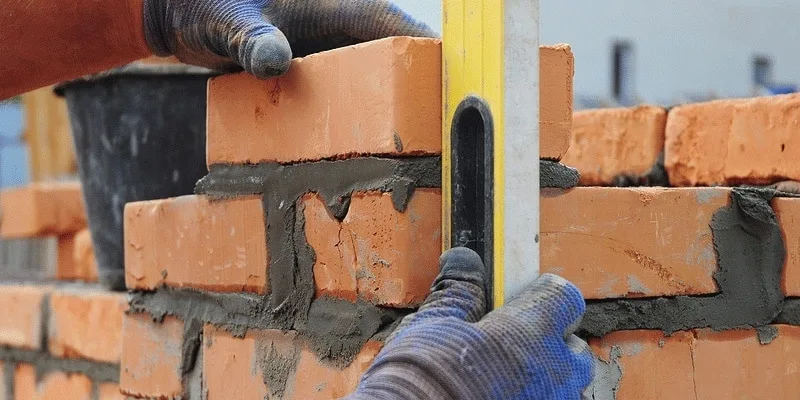Introduction
When I first heard the term virtual staging, I had no idea what it really meant. As someone who isn’t a real estate expert, I always thought home staging meant physically decorating a property with real furniture. But things changed for me when I decided to sell my apartment and learned about virtual staging. Honestly, it was one of the smartest choices I made—and in this article, I want to share what I learned and how it helped me.
What Is Virtual Staging?
Virtual staging is the process of adding digital furniture and decorations to photos of empty rooms using computer software. Instead of bringing in physical items, a designer or software tool creates realistic images of a furnished space. These images can be used in online listings to attract buyers.
It’s like magic—your property looks warm, inviting, and fully furnished, but in reality, the space is empty.
Why I Chose Virtual Staging
When I decided to sell my apartment, the rooms looked plain and dull. I was told that staged homes sell faster and often for a higher price. But hiring a traditional staging company was too expensive for my budget.
Then, my real estate agent suggested virtual staging. It was affordable, fast, and didn’t require any physical changes to my home. I agreed, and it turned out to be the perfect decision.
The Virtual Staging Process
1. Photos First
We started by taking high-quality photos of each room. The better the photos, the more realistic the staging looks.
2. Style Selection
Next, I chose a style. I could pick modern, classic, minimalist, or even luxury looks. I went with a modern feel to match my apartment’s design.
3. Digital Design
The virtual stager added furniture, rugs, lighting, and decor to each image. The results were amazing—it looked like a beautiful, lived-in space.
4. Review and Edit
They sent the staged images for my review. I requested a few changes, like changing a sofa or removing a painting, and they made the edits quickly.
The Benefits I Noticed
1. Cost-Effective
Traditional staging could’ve cost me thousands. With virtual staging, I only paid a few hundred dollars.
2. Faster Listing
The whole process took just a few days, so my listing went live quickly.
3. Attractive Online Presence
Buyers loved the pictures. The apartment looked so warm and welcoming, even though it was actually empty.
4. Sold Quickly
Within two weeks of listing, I had serious buyers—and I believe the staged images played a big role in that.
See more articles, virtual staging ai
When Should You Use Virtual Staging?
Based on my experience, virtual is ideal when:
- The property is vacant
- You’re on a tight budget
- You want to sell fast
- You want multiple design styles without moving furniture
It’s not just for selling, either. Landlords, interior designers, and Airbnb hosts also use virtual staging to present better visuals.
Things to Keep in Mind
While virtual is awesome, there are a few things I learned:
- Be honest in your listing: Always mention that the images are virtually staged so buyers know what to expect.
- Choose realistic designs: Don’t add items that won’t fit in real life. Keep it believable.
- Use a trusted service: Not all virtual stagers offer high-quality work. Go for companies with good reviews and realistic rendering.
Virtual Staging vs. Traditional Staging
| Feature | Virtual Staging | Traditional Staging |
| Cost | Low | High |
| Time Required | 2–3 days | 1–2 weeks |
| Physical Setup | None | Yes |
| Flexibility in Design | Very high | Limited by inventory |
| Great for Vacant Homes | Yes | Yes |
Conclusion
Yes—without a doubt. My experience with staging was smooth, affordable, and effective. It helped me make my property more appealing and professional-looking without spending a fortune or moving a single piece of furniture.
If you’re trying to sell or rent out a space and want your photos to look better online, I highly recommend trying virtual staging. Just like me, you might be surprised by how big a difference it can make.See more related articles, visit here




